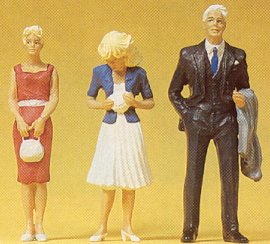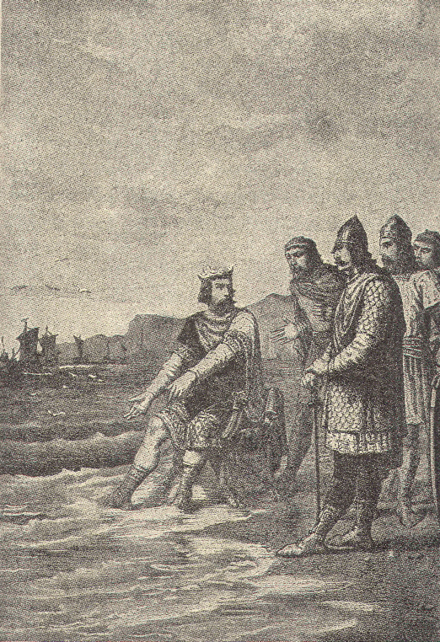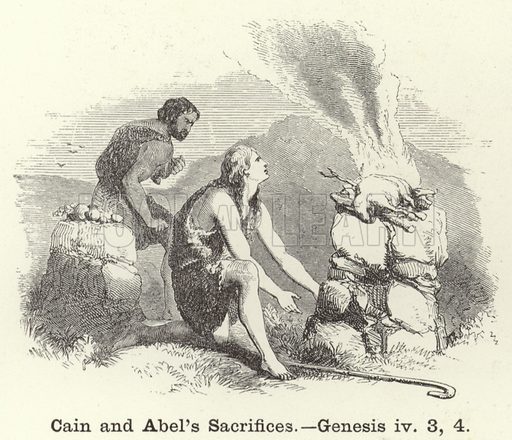Welcome to the Wakefield Doctrine (the theory of clarks, scotts and rogers)
Lets go try and find a reprint on the Doctrine and fairy tales, shall we?
ok.
kinda.
(In the context of the common misperception of clarks as the one (of the three) with the smallest-by-social-standing ego weight*, we’ll contribute something original. Well, as original as Heraclitus** might offer us cover for it being ….kinda original.)
Full Disclosure: Part of us feel it is shirking our responsibility to simply post what has been written, even with the understanding that old posts are new posts to New Readers. But, since we’re not against restating some of the more original insights and observations let’s run out a couple of the old favorites.
clarks abhor being the center of attention, but will not tolerate being ignored
a scott, alone in a room, isn’t
clarks are crazy, scotts are stupid and rogers are dumb
Reprint From April 2013
Welcome to the Wakefield Doctrine (the theory of clarks, scotts and rogers)
Melanie and Janine and them wrote a Comment saying how much they enjoyed our little look at the Fairy Tale ‘Hansel and Gretel’ and went on to say how they were looking forward to today’s Post as we continued our analysis of these cultural icons vis-a-vis the Wakefield Doctrine. Being a clark and all, I am certainly not one to ignore a request, even if I did have a perfectly good ‘re-print Post’ all set to go for today. It was a Post from the first full year of the blog, replete to references to the foreign exchange students at Millard Fillmore High and there might even be a mention of our favorite valedictorian, and all-around cool co-ed, Janie Sullivan. It (this Post that was to have run today), even had something resembling a survey meant to determine personality types. The writing is a little rough, but it was fun to read. (Have I indulged in being rogerian enough in my un-gracious acquiescence to Melanie’s and Janine’s request yet?) No? Well how about this: for a personality type that is hardly ever accused of wearing our hearts on our sleeves, clarks place the feelings of others way, way before their own. Even if the other person does not explicitly state that their feelings or emotional state are at risk, clarks will invariably think, ‘it would be awful if their feelings were hurt’ or thoughts to that effect. Simple empathy? …or the hint of something deeper, something more inextricably tied to the worldview of the Outsider? Well, think about it… but first a little Fairy tale Doctrine-style!
Jack and the Beanstalk: (that’s right!, this is a movie now), I guess I don’t have to expound on the role of Fairy Tales as indoctrination for the totally impressionable members of society. Well, yes I do. Ask yourselfs ‘who, of all the potential audience for these tales of violence, greed, subservience and rogerian membership is the one group (demographic, if you will) who has zero choice in being exposed to the sick, sick message that most of these tales are disguising?
Give up? The most impressionable! the ages: (negative) six months (‘Look honey! I bought the complete Grimms Fairy Tale on dvd, so after the baby arrives, you can just hit ‘Play‘) to 18 months (“…leave the dvd running with the volume real low… it will lull her to sleep, it’s been such a long time, sure! leave the door open, we’ll only be a room away) to 2 years ( “would you read to the baby? I so have to get back to the gym just take whatever you are reading and sit with her, put the dvd on and you can read your book and he will think you are reading to him…“) to 3 years (“…no dear, there is no such thing as a troll under the bridge, no matter what the big kids are saying“).The victims are always the defenseless children. So, back to Jack and the Beanstalk. That is certainly an uplifting tale of triumph over adversity, beyond criticism or reproach, non?
(as always from Wikipedia*)
Jack is a young lad living with his widowed mother. Their only means of income is a cow. When this cow stops giving milk one morning, Jack is sent to the market to sell it. (“Carlos Castaneda wrote a series of books about learning about right living, in one of these books, he relates how a brujo offers a young man 2 gourds in exchange for help carrying them to market. The young man agrees and when the task is complete accepts his reward and takes the gourds and opens them. He sees only food and water, and, expecting gold or other tangible rewards smashes both gourds on the ground and walks away. Am I the only one to see the short-sightedness in Jack and his mom’s instant reaction to the change in the cow?”) On the way to the market he meets an old man who offers to give him “magic” beans in exchange for the cow. (Chase Bank is currently advertising a wonderful new feature of their credit cards…direct deposit of paychecks. That’s correct, you can have the ease and convenience of having your earnings be transferred from your employer to Chase, as the radio ad holds, ‘leaving you time for the important things in life’)
Jack takes the beans but when he arrives home without money, his mother becomes furious and throws the beans out the window and sends Jack to bed without supper. (“…what a bitch! you sure she isn’t really Jill and this is a way messed up couple and she has, like family issues and maybe a substance abuse thing going? rational response to a disappointment, Mom!”)
As Jack sleeps, the beans grow into a gigantic beanstalk ( lmao…not even going to go near this one… hey! Janine! …you got any Reader overview on this? ). Jack climbs the beanstalk and arrives in a land high up in the sky where he follows a road to a house, which is the home of a giant. He enters the house and asks the giant’s wife for food. She gives him food, but the giant returns and senses that a human is nearby:
- Fee-fi-fo-fum!
- I smell the blood of an Englishman,
- Be he alive, or be he dead,
- I’ll have his bones to grind my bread.
However, Jack is hidden by the giant’s wife and overhears the giant counting his money. Jack steals a bag of gold coins as he makes his escape down the beanstalk. ( As well he should! He was a guest in the couple’s house, given food and shelter…of course he would steal from his hosts)
Jack repeats his journey up the beanstalk two more times, (!!!) each time he is helped by the increasingly suspicious wife of the giant and narrowly escapes with one of the giant’s treasures. The second time, he steals a hen that lays golden eggs and the third time a magical harp that plays by itself. This time, he is almost caught by the giant who follows him down the beanstalk. Jack calls his mother for an axe and chops the beanstalk down, killing the giant. The end of the story has Jack and his mother living happily ever after with their new riches (Happily) (ever) (After) ( magic beans = 1 cow, giant beanstalk = hyperactive hormones, opportunity to steal = the hospitality of non-larcenous childless couple, live happily ever after =Priceless)
… forget the analysis, if there was a full-grown blue-fin tuna in my 3′ above ground pool and you handed me a fully loaded shotgun… it would be less obvious than the message of greed and avarice and violence and self-gratification at any and all costs than this child’s tale. I mean, really. lol luckily, we have the Wakefield Doctrineto make sense of it all!
Oh yeah… who’s who? Jack is a roger, his mom is a scott the giant is a roger and the giant’s wife is a clark
…now go to sleep, tomorrow is almost here
* not a ‘real’ term or concept in mainstream/popular psych, not even those fine folks at Oscar Meyer Pick-a-Number, Any-Number School of Personality
** one of our favorite old, dead guy quotes: “No man person ever steps in the same river twice, for it’s not the same river and he’s they’re not the same man person.”
ed. You know, we’ve never had a problem with Readers getting all escited about stuff in these post, getting worked up to the point of writing aggressive and critical comments. Too bad, in a sense, as that takes a much larger readership than we’ve had to date.
Yes,I did edit a timeless quote. And it set off a discussion in our head about…. “Wait a minute! You can’t do that. And, besides, its a fricken pronoun. And… and! that’s the cultural context the guy wrote it in. You think you’re doing something special? Making a statement? When you write your own timeless truth, then you can use whatever fricken pronouns you choose to… but if you want to use a quote, you should leave yourself out of it.”
…as you can see, the argument did not sway me.
Why? (Permit us a way-typical style of answering), we choose to replace the gender-specific pronoun with a …whatever pronoun for one reason:
- Dagwood Bumpstead
- Andy Capp
- Jackie Gleason and Frankie Fontanie
We plane to refrain from googling the above ‘reasons’ for now. Hopefully they, (the search returns), provide enough information for you Readers to get a sense of ‘why’.
Let us know in comments and, what the hell, if we continue on in this: ‘Dude! Lighten up, it’s a blog and a quote, chill. Have fun. We know the Doctrine is meant for fun, even if it’s explicitly stated to be gender, age and culture neutral.’











